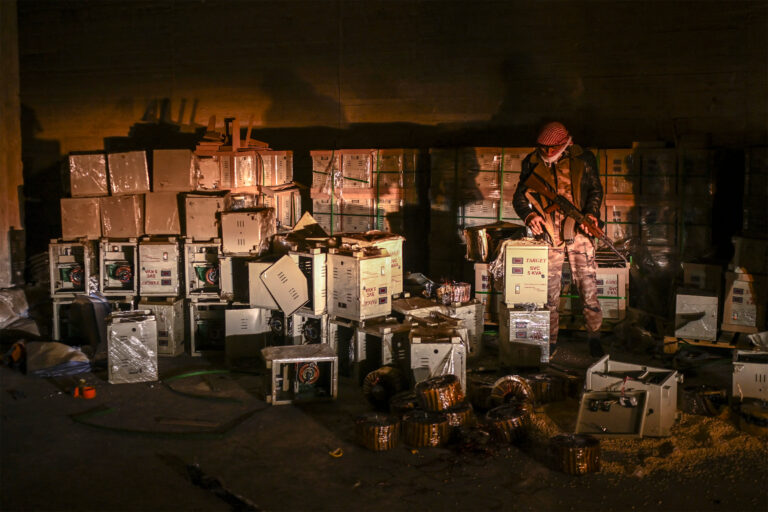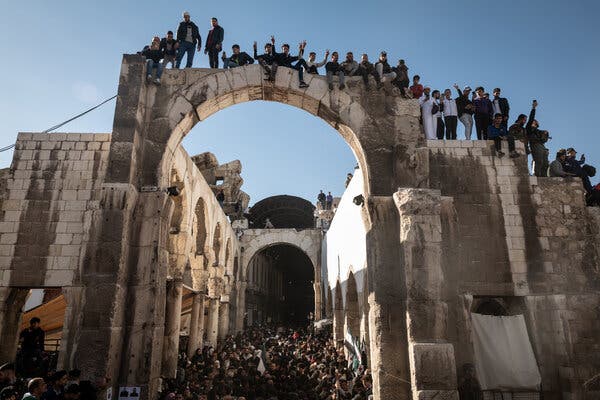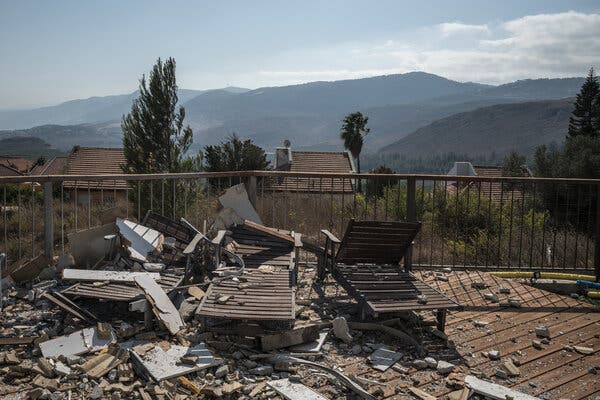Some hawkish generals think that Hezbollah can be forced to back down, current and former Israeli officials said, while others in the government think Israel must reach a deal with Hamas before expanding the war.

Israel achieved many short-term goals in a series of strikes on Hezbollah during the last week, according to five current and former senior Israeli officials. But they also expressed concern that there was no clear further strategy on bringing calm and returning tens of thousands of displaced people back to Israel’s north.
The escalations against Hezbollah began almost by chance after last-minute Israeli intelligence suggested that an operation to blow up pagers owned by members of the Iranian-backed Lebanese militia was in danger of being exposed, according to the officials, who spoke on the condition of anonymity to discuss a sensitive matter. If the plan was not activated by the beginning of last week, the officials said, Hezbollah might discover it, possibly along with a second operation targeting walkie-talkies.
That set up a dizzying week of attacks in Lebanon. Israel blew up electronic devices distributed by Hezbollah, killing dozens of people and injuring thousands more. It then assassinated a group of its military leaders in an airstrike near Beirut. On Monday, a wave of Israeli airstrikes targeting parts of the country where Hezbollah holds sway killed hundreds of people.
The intensified attacks against Hezbollah reflects the opinion of some hawkish generals and others who think that the group can be forced to back down, the officials said, while others in the government believe Israel must first come to a deal on a cease-fire and hostage deal with Hamas before turning to another battleground. Prime Minister Benjamin Netanyahu has opposed a truce that would allow Hamas to survive the war.
The decision to escalate was met with strong opposition from some senior officials, according to three current and former officials who spoke to The Times. They worried that such actions, the officials said, could lead to all-out war with face-to-face fighting and questioned how they would pave the way for the return of Israelis to the north.
Hezbollah has been targeting northern Israel with rockets and drones since last year in solidarity with Hamas and its war against Israel in Gaza. Hassan Nasrallah, the Hezbollah leader, has said the group will not agree to stop firing at Israel until Israel and Hamas reach an agreement that ends the war in Gaza.
Ronen Bergman is a staff writer for The New York Times Magazine, based in Tel Aviv. His latest book is “Rise and Kill First: The Secret History of Israel’s Targeted Assassinations,” published by Random House. More about Ronen Bergman



